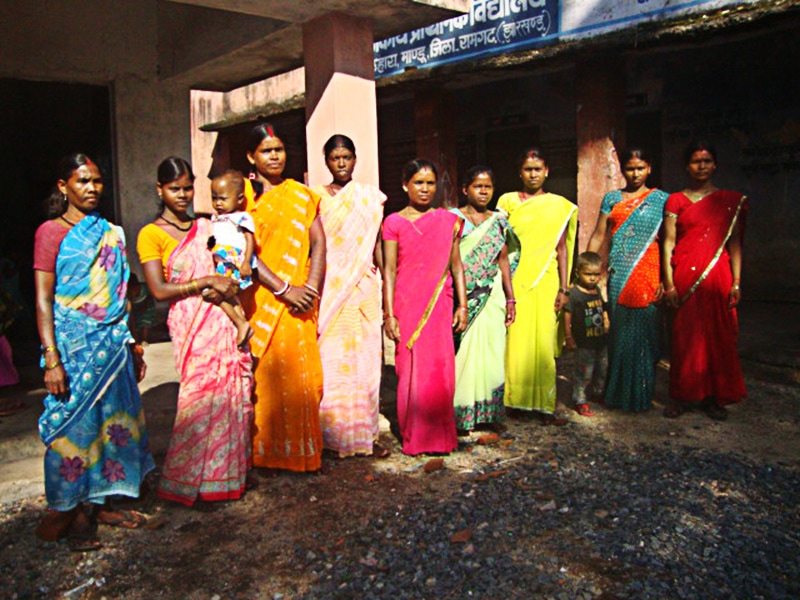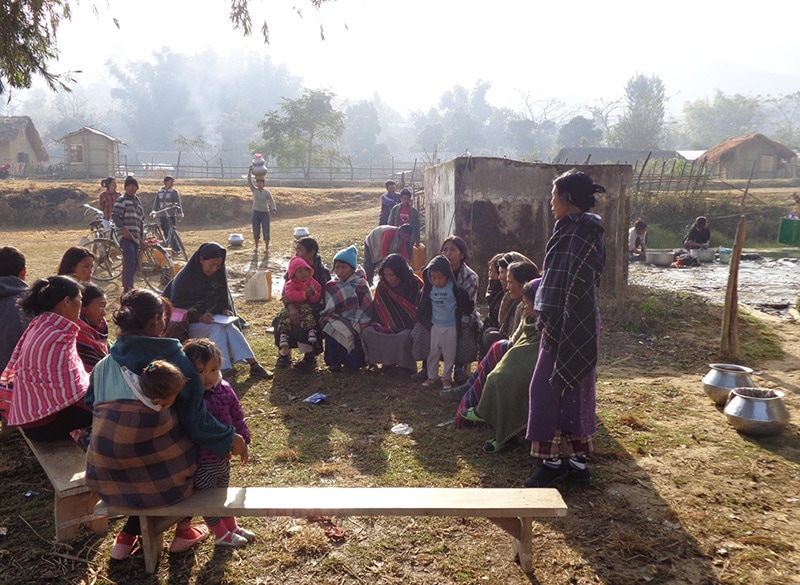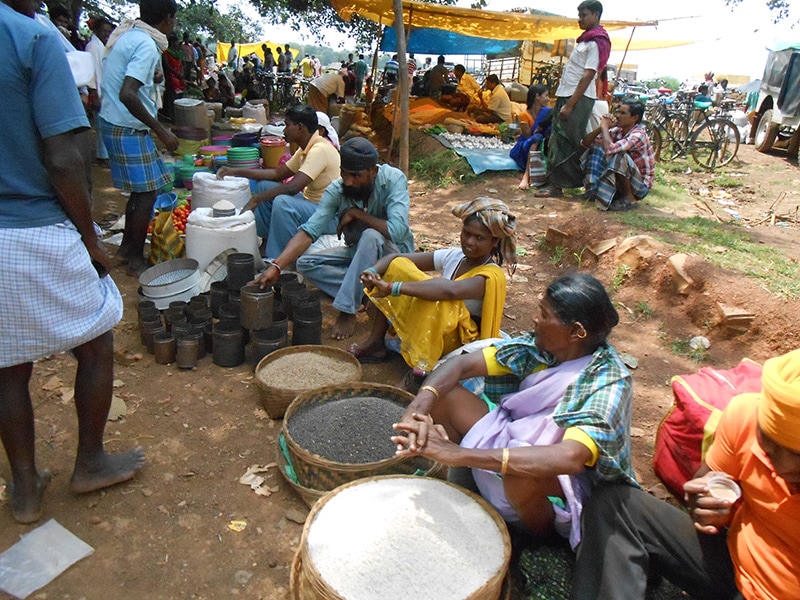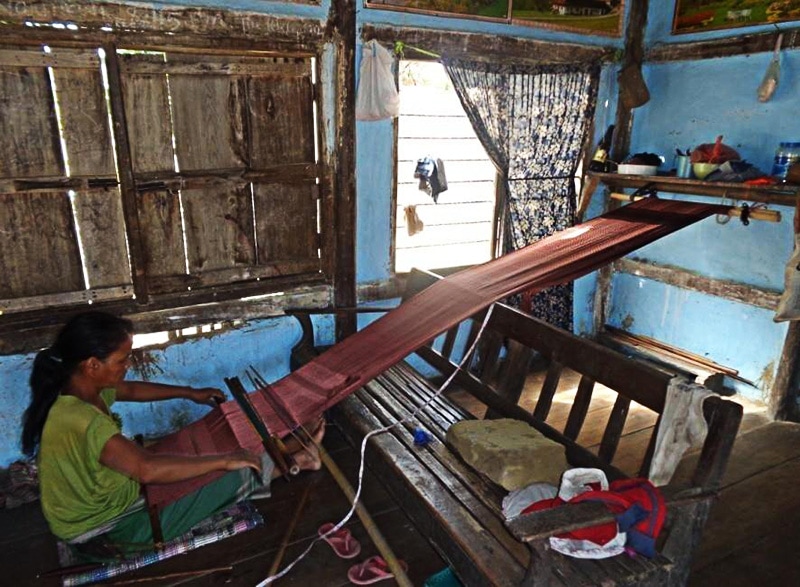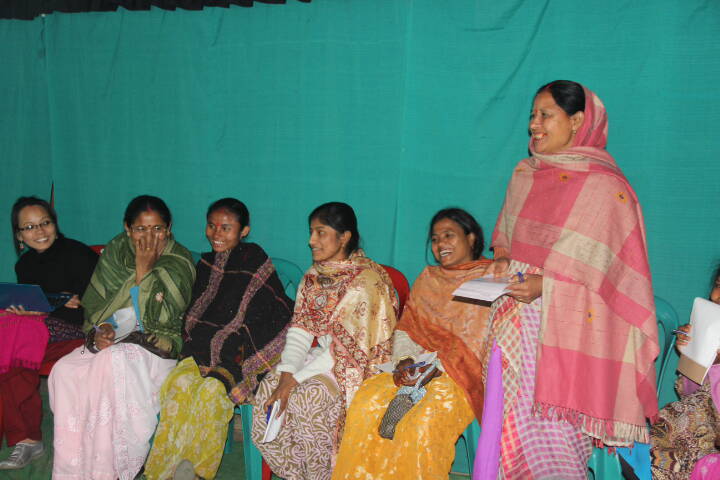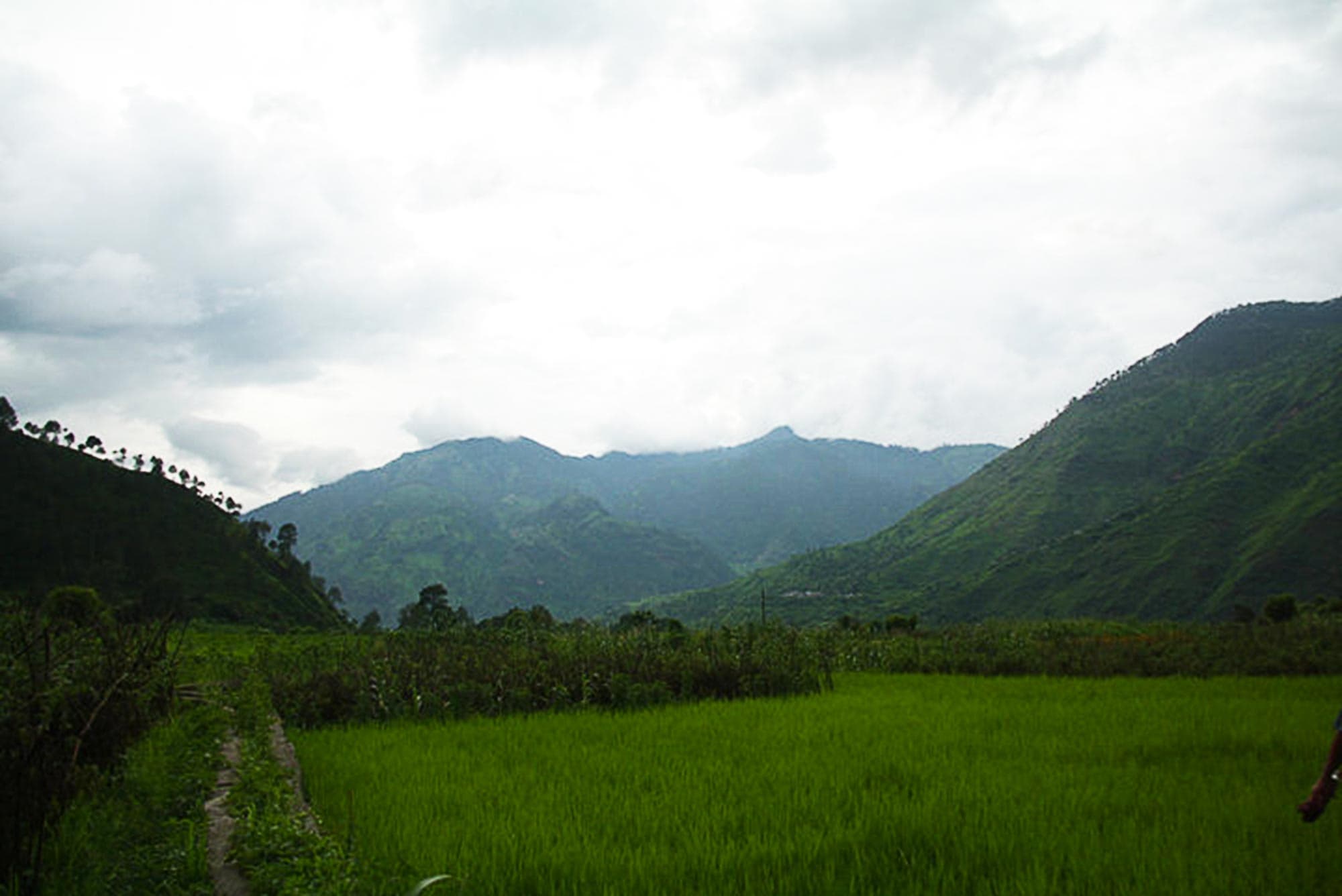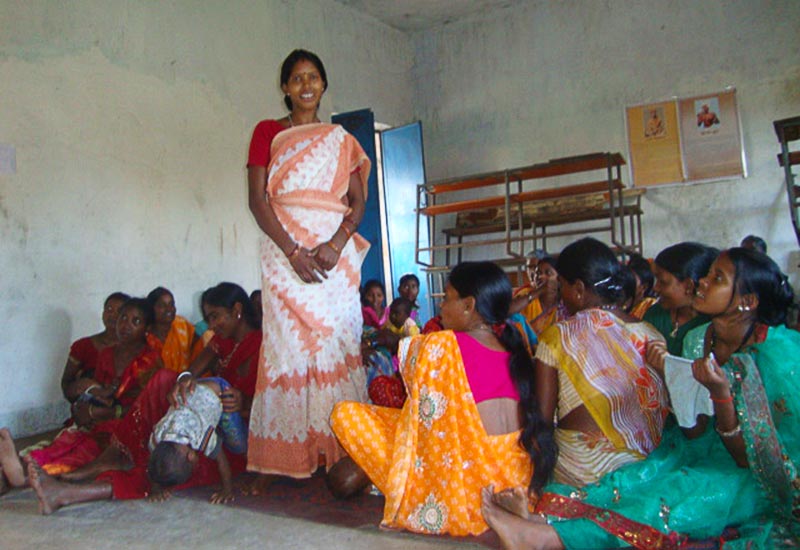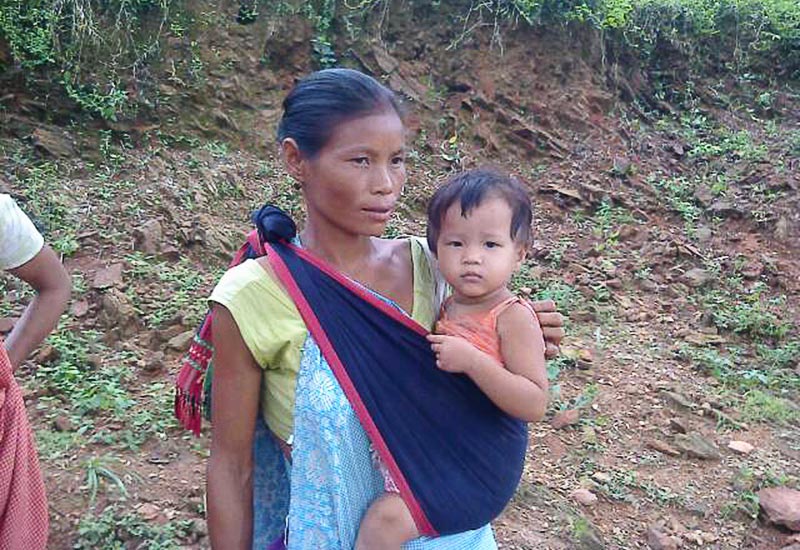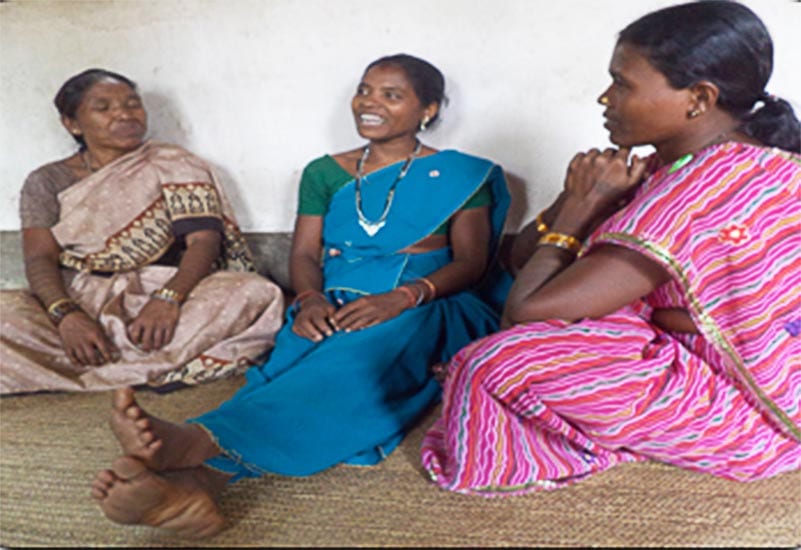WEA’s Small Grants Initiative seeded and strengthened women-led environmental solutions from the ground up. Through our network of allies, we identified women-led programs, campaigns and people’s movements addressing complex issues of poverty, hunger, ecological destruction, land grabs and climate change.
We believe that women are not only the most vulnerable to climate change and environmental destruction, but they also hold the key to real solutions. It is time to recognize the vital role women play in conservation and sustainable use of our planet’s finite resources.
Meet the Women Leaders
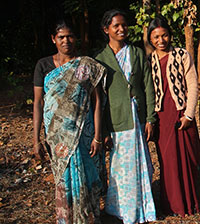
Suryamani Bhagat, BIRSA
When the forest is at the heart of your community and survival, what will you do to protect it? For Suryamani Bhagat, a brave forest activist and adivasi leader with WEA partner Bindrai Institute of Research and Action’s Jharkhand Save the Forest Movement in India, the answer is clear: Whatever you can.
In Ulhara village, as part of CASS's efforts to form support groups for women leaders, a group of women gathered for a cluster meeting and sat in thoughtful conversation on a rising issue: Why were the elephants of the forest so angry?

AT A GLANCE
Women in South Asia have crop yields 20-40% lower than those farmed by men because they lack access to improved seeds, best practice and technologies, and markets.*
A 2000 study found that women in South Asia displayed enormous strength and capacity throughout a disaster cycle: preparing for hazards, managing after a disaster and rebuilding damaged livelihoods. Activities included ensuring food and water for the family, securing seed and other productive material and taking care of the sick and elderly.*
Women make up the majority of farmers, but only 1% of them worldwide own land.*


"Gender equity requires seeing women in their full humanity — as producers and creators, as custodians of culture, as political decision makers, as spiritual beings."
— Dr. Vandana Shiva, Women’s Earth Alliance International Advisor

The Need
- While women grow the majority of the food in the Global South, most are not recognized as farmers and most don’t have land titles
- Women farmers in Nepal work nearly 6 times as much as men. Yet, they struggle to access information, training and appropriate technologies to improve their food security
- Nearly 65 million people, many Indigenous and women, have been displaced in India from big dams, mining and other inequitable development projects
- Even though women are crucial contributors to their local economies, they remain underrepresented in the design and implementation of programs and policies
- Less than 10% of U.S. and European philanthropy supports girls and women’s causes
The Project
- Build a cadre of empowered and resourced grassroots women leaders, who advocate for women’s rights and environmental protection, including women’s traditional knowledge on seed saving, sustainable agriculture and sustainable biodiversity management
- Women’s decision-making in environmental protection and climate action is strengthened
- Policies and laws are improved to ensure gender equity and environmental protection
WEA trusts the wisdom, experience and ingenuity of grassroots women — farmers, caregivers, water stewards, community leaders, Indigenous women — who are leading the way towards a future, where rights of Nature and all peoples are upheld.
Special thanks to Rucha Chitnis for her leadership in developing this work.

